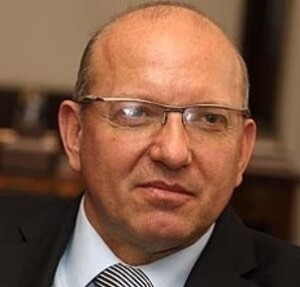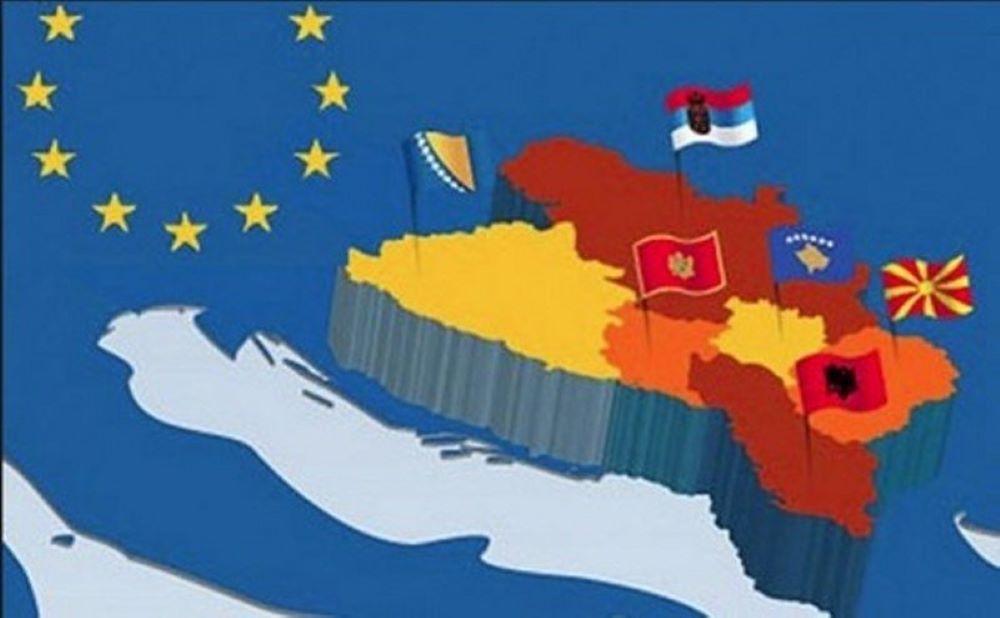The health and economic crisis has shown that active communication between the countries in the region is needed, continuously for 24 hours. It would be coordinated from one place, which will be in function of encouraging cooperation between the 6 countries in the region.

Branko Azeski
In a period of almost a year and a half, in which the world operates amidst the greatest health and economic crisis, the Macedonian economy shows its resilience. There are negative repercussions, but there is also a great struggle for survival. Recessions, blockades of corridors, canceled orders, inability to import raw materials, complete shutdown of transport and traffic. That was the picture in the first months of the Covid-19 crisis. Companies have faced many dilemmas, many questions that need to be answered. All this was new for the companies, but also for the Chamber. Crisis of unprecedented proportions. But that did not surprise us, it encouraged us to equip ourselves even better and to put ourselves in the service of companies, now, immediately, around the clock.
The Economic Chamber of North Macedonia has made a series of steps in the interest of business operation, trying to meet the needs during the Covid-19 crisis and ensure a smooth flow of goods, services and capital, and, of course, people.
1.
Less than a month after the beginning of the crisis, at the initiative of the business sector of the Western Balkans region, in mid-April 2020, the “green” corridors were put into operation. CEFTA first approved a list of essential goods or commodities of primary importance, whose rapid transport is assessed as essential in the current health crisis (food and medical products and equipment that are on the list of the World Customs Organization).
2.
We actively participated in the work of the Economic Council of the Government, where, together with representatives of the economy, the financial sector, MANU, university communities, and the opposition, we initiated proposals, measures, gave directions and recommendations to create an effective package of measures, in order to prevent dramatic impact and damage in the economic and financial sector, as well as on the standard of citizens.
3.
Together with the Chamber of Commerce of Serbia, within the action coordinated by the Chamber Investment Forum, we organized vaccination was for more than 2,500 businessmen from the country. CIF and the chambers of commerce of the region with consistent application of the motto “One region, one economy”, showed that only with joint efforts the region can overcome the consequences of the pandemic and work for a rapid economic recovery.
4.
The general state of the economy is still under the direct influence of Covid-19 and great uncertainty, with estimates that the consequences of this evil will last for at least another 10 years. The business community also predicted large illiquidity, supply and sales disruptions. We appealed to prepare for what is to come, and the key moment will be when state aid will slowly begin to wane. Then, successful companies will need to be supported, and there are about 300-500 who are able to pull ahead. A special fund will have to be created for them, but under special conditions – using new technologies and innovative investment solutions.
The Covid crisis has exposed systemic weaknesses and has clearly shown that education and health must become key components of development. Without healthy and educated people, there is no progress of the economy and the state. And it is this Corona crisis that has shown that our biggest weaknesses are here. Defense and security, which were priorities up by now, should become normal functions of the state.
5.
The health and economic crisis has shown that active communication between the countries in the region is needed, continuously for 24 hours. It would be coordinated from one place, which will be in function of encouraging cooperation between the 6 countries in the region, but will also work on harmonizing the processes and establishment of a common regional market in the Western Balkans, envisaged by the concept of the four freedoms on which the single EU market is based (free movement of persons, goods, services and capital). The process envisions enhanced co-operation in the areas of digitalization, investment, innovation and industry, and could be a driving force that will give a new impetus to the competitiveness of the companies in the region in the post-pandemic period.
Branko Azeski, President of the Economic Chamber of North Macedonia



Leave A Comment